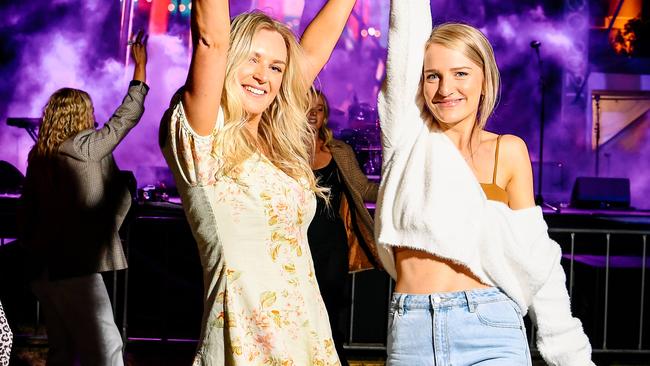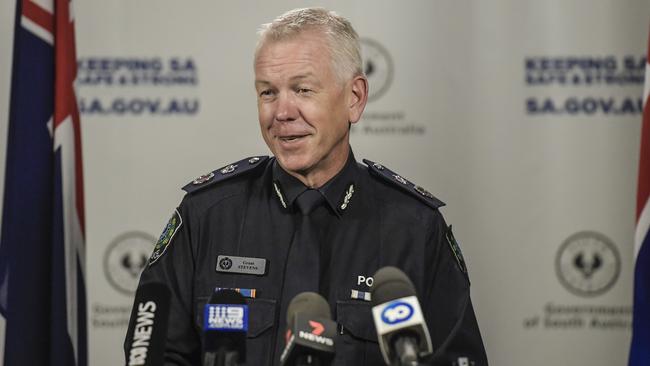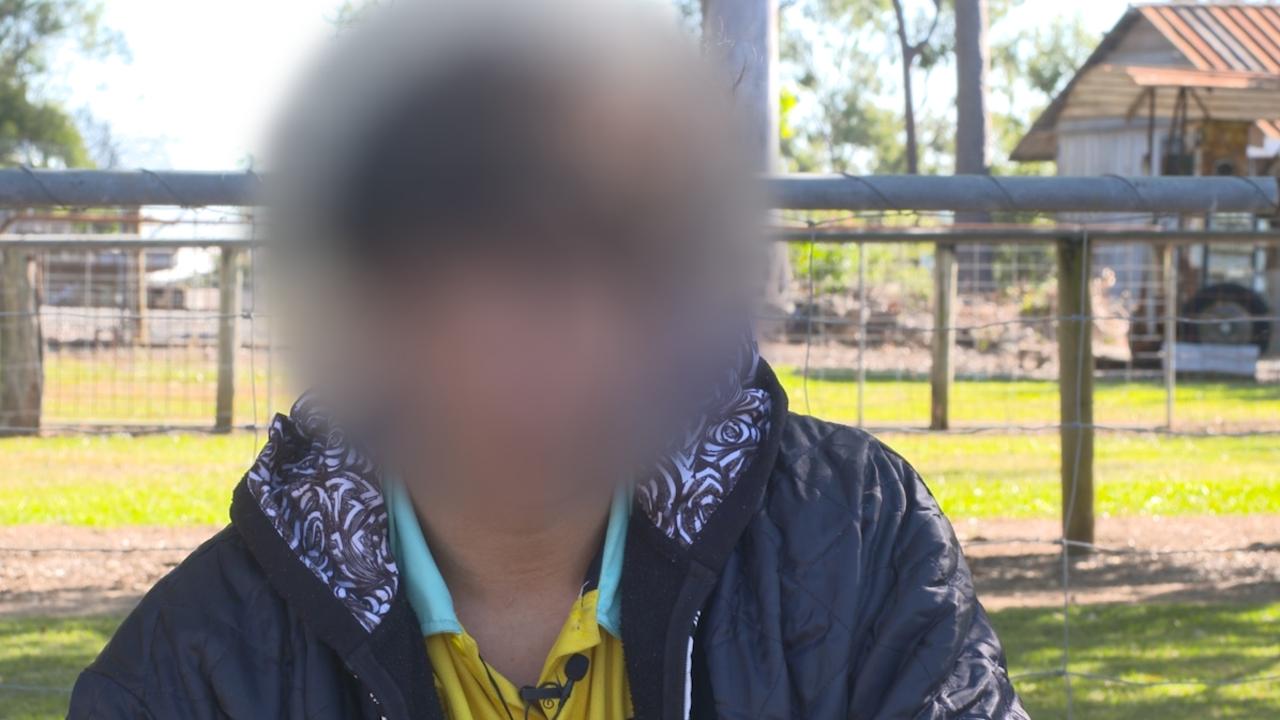Revellers boogey at new dancing laws but venues are frustrated at new COVID-19 directions
Dance floors have finally come back to life but the first full night of partying in a year wasn’t an easy one for venue owners.

Coronavirus
Don't miss out on the headlines from Coronavirus. Followed categories will be added to My News.
The state’s pub and club owners feel frustrated at complex new dancing rules introduced this week but are doing their best to abide by them, industry leaders say.
Revellers enjoyed the first full night of dancing while drinking alcohol at hundreds of licensed venues and major events across the state on Friday.
But while no major issues were reported, industry leaders said many operators have been left confused and frustrated at new legal directions.
The state’s COVID-19 transition committee this week approved a return to the dance floor, under various rules, for the first time in almost a year.
Drinking revellers can dance unrestricted in venues with a capacity of up to 200 people.
But the police-enforced rules cap dance floors at 50 people in a special 10sq m area in pubs, clubs or licensed venues with crowds of between 201 and 999 people.
Venues with more than 1000 patrons must have SA Health-approved management plans to allow dancing.
Australian Hotels Association boss Ian Horne said there was a “level of confusion” and “disappointment” at the rules, which he said were particularly complex for mid-sized venues.
“It is not perfect for us but we accept this as a small step to returning to normality and we just will get on and abide by them as best we can,” he said.
The Royal Croquet Club, in Victoria Square, attracted swarms of Fringegoers excited to boogie after being approved late on Friday afternoon to allow dancing.
The venue was alive with colour, live music and revellers enjoying themselves, feeling the freedom to dance for the first time since March 23 last year.
Emma Bowden, 23, of Littlehampton in the Adelaide Hills, said she had been dancing in her kitchen.

“It’s so amazing to be back, I feel so alive,” she said.
Her friend Zoe McAllister, 26, of Stirling, said it had “hurt my soul not being out and about dancing”.
“I’ve been a hip-hop dancer my whole life … so coming out tonight is really special,” she said.
A police spokesman said officers focused on the East End’s Fringe venues and had a presence at the RCC in Victoria Square.
“No significant issues were identified,” he said.
Last week Police Commissioner Grant Stevens said the rules had been carefully constructed.
“People should be doing the right thing and exercising best endeavours to do the right thing,” he said.
BID TO REOPEN SHISHA BARS
The state’s shisha bars could soon reopen after almost a year as authorities consider single use for banned tobacco smoking hookahs.
South Australia remains the only state or territory that has maintained restrictions over “high risk” shisha venues that are popular in Middle Eastern cultures.
But SA Health officials have been exploring a proposal to allow venues to trade with “single use” plastic smoking equipment.
The proposal is part of a wider review that is due to be debated this week that officials say is about exploring “options about how the industry may safely start”.
Some shisha businesses have changed their business plans that has allowed them to open as cafes but without smoking.
Experts say there is a high risk of “aerosolising” COVID-19 in hookah equipment and its common water reservoirs.
Deputy chief public health officer, Chris Lease, who manages changes in public activities, said the hire and use of shisha remains banned because of its “high-risk activity”.
“Consistent with the restrictions on shared food/buffets, there is concern about their shared use and sharing any smoking product increases the risk of catching illnesses from other people, including COVID-19,” he said.
“Even if you use disposable tips, the other parts of shisha pipes and the nature of their use can spread infection.
“The inside of a shisha pipe is an ideal environment for microorganisms to thrive in.
“Restrictions on the use and hire of shisha pipes will be reviewed in future, subject to a public health risk assessment.”


